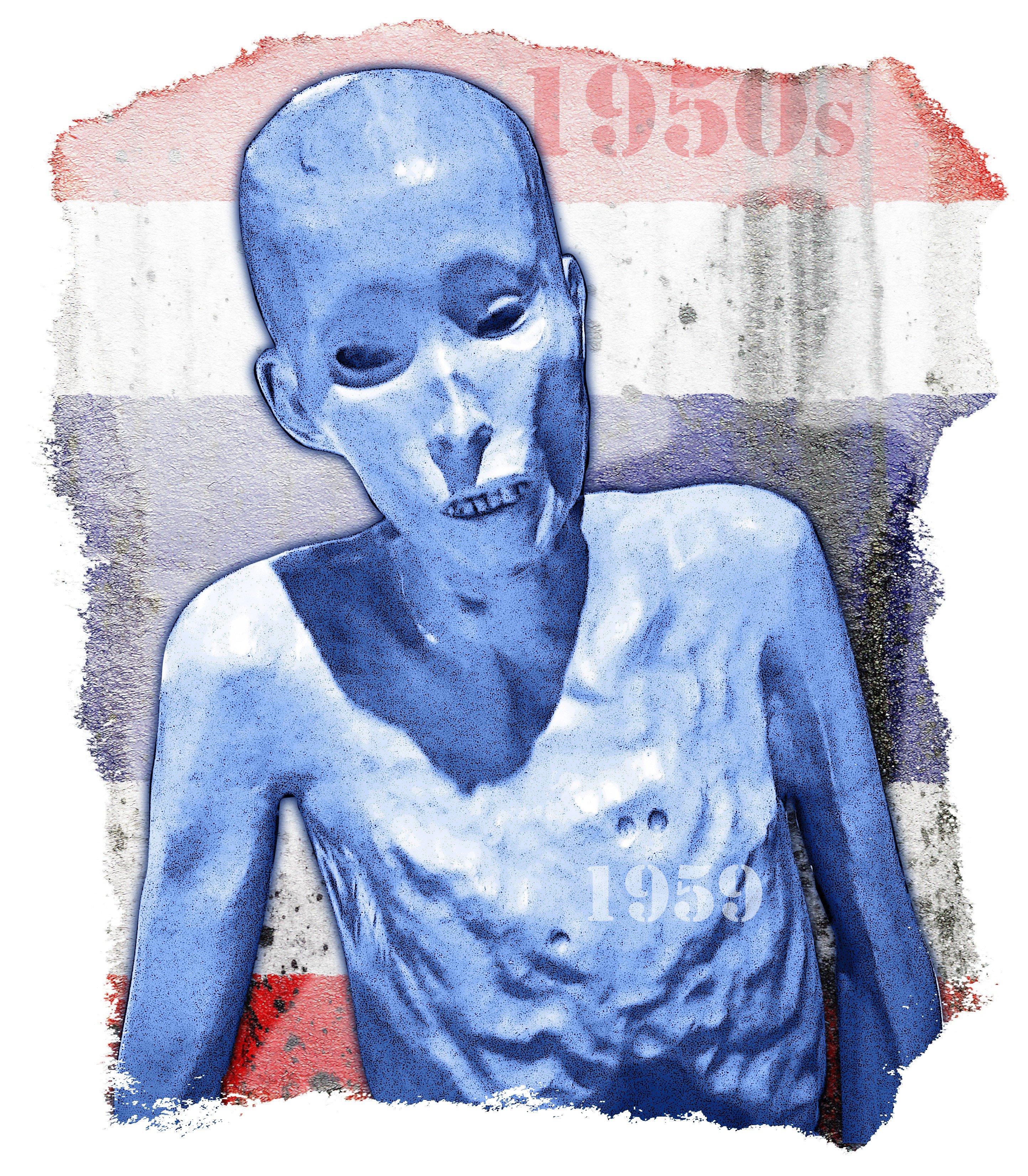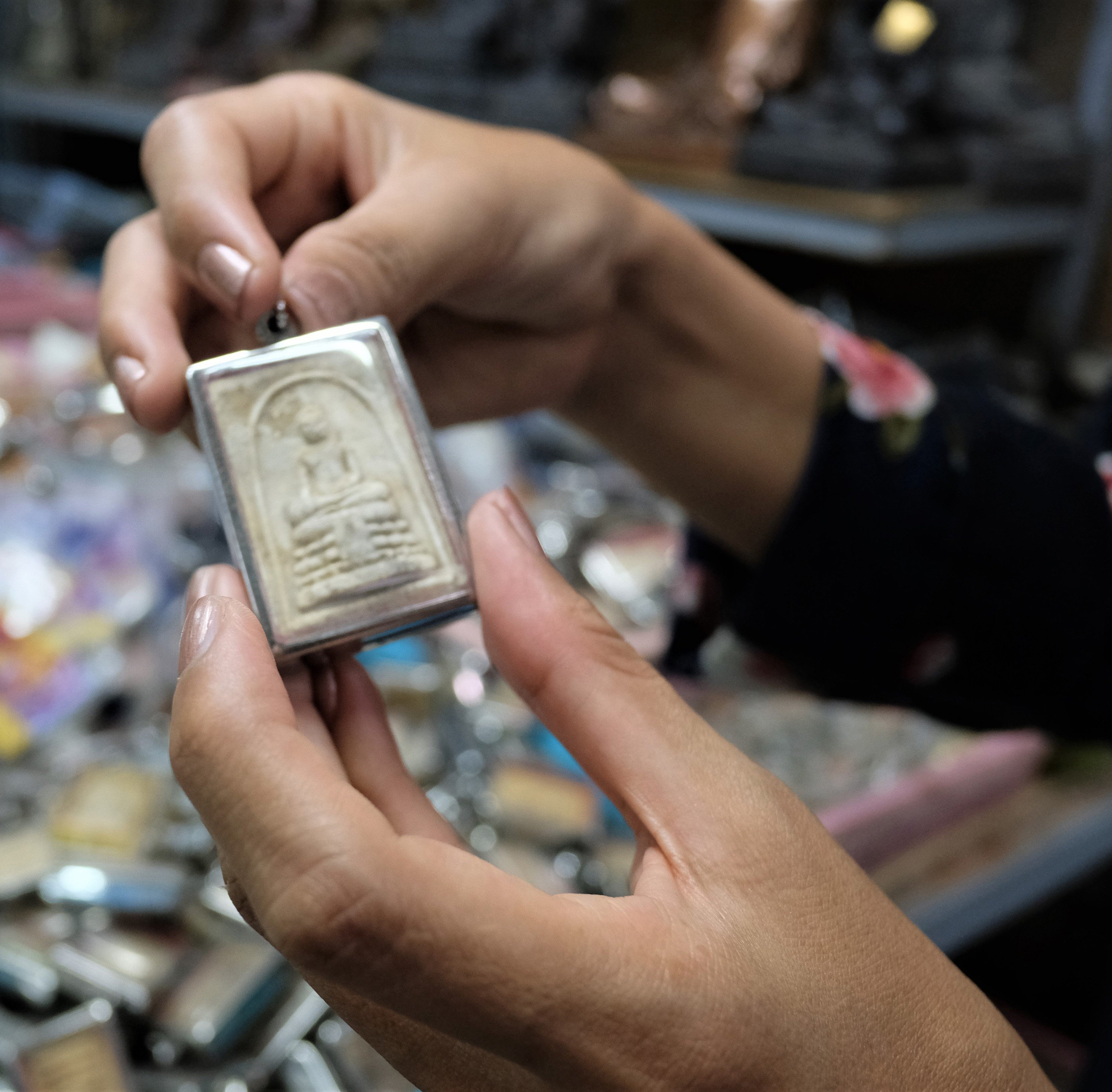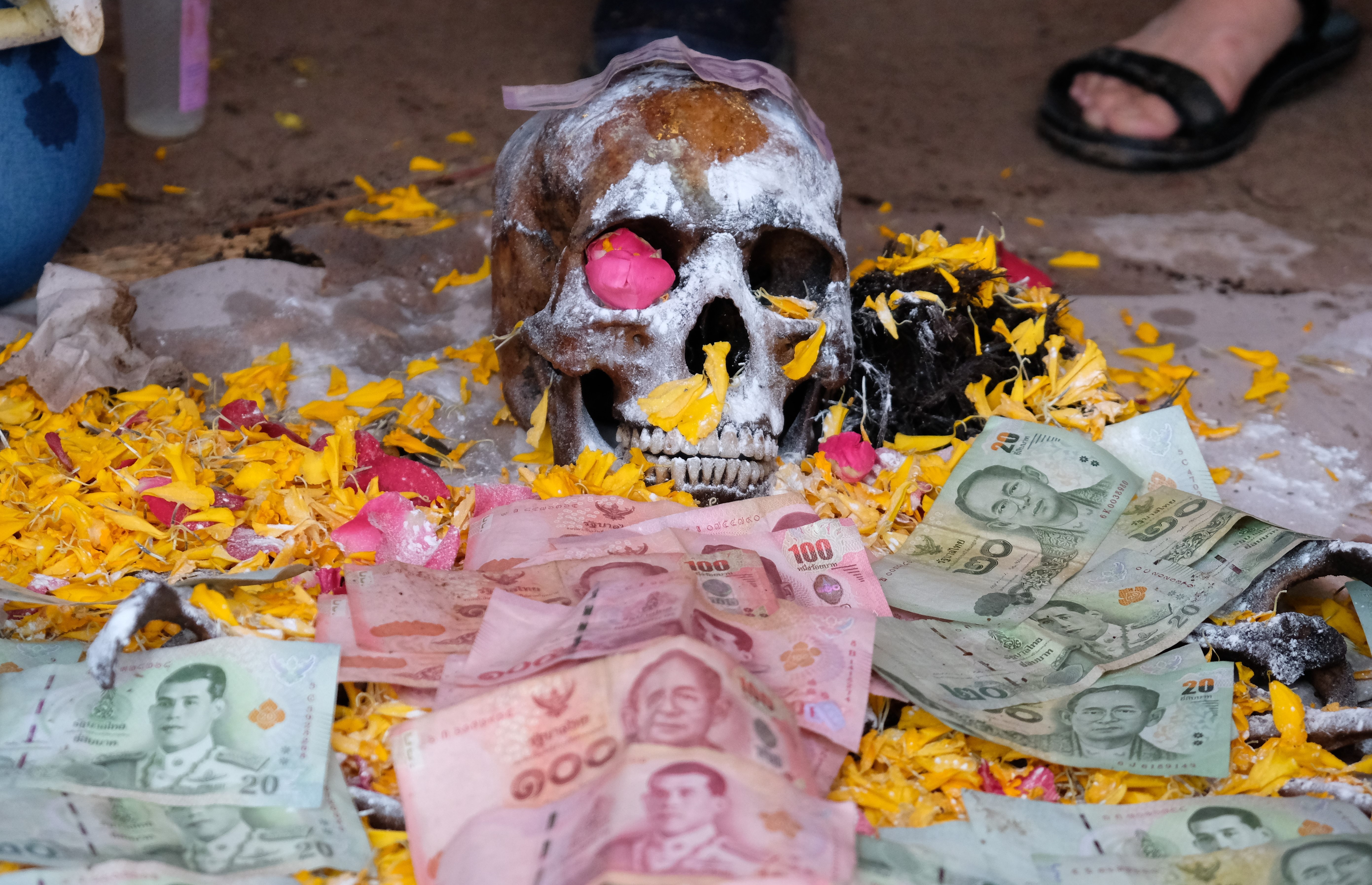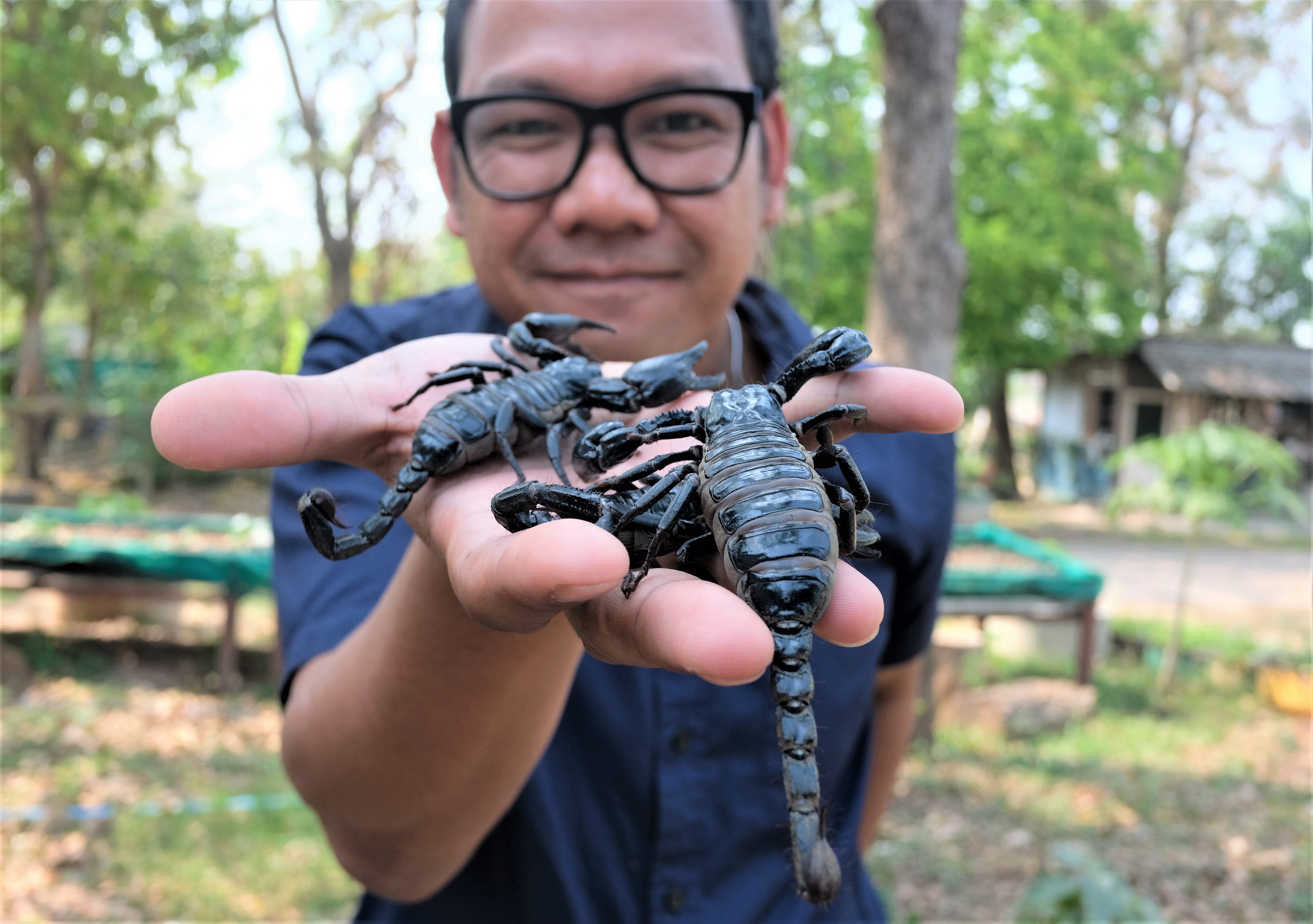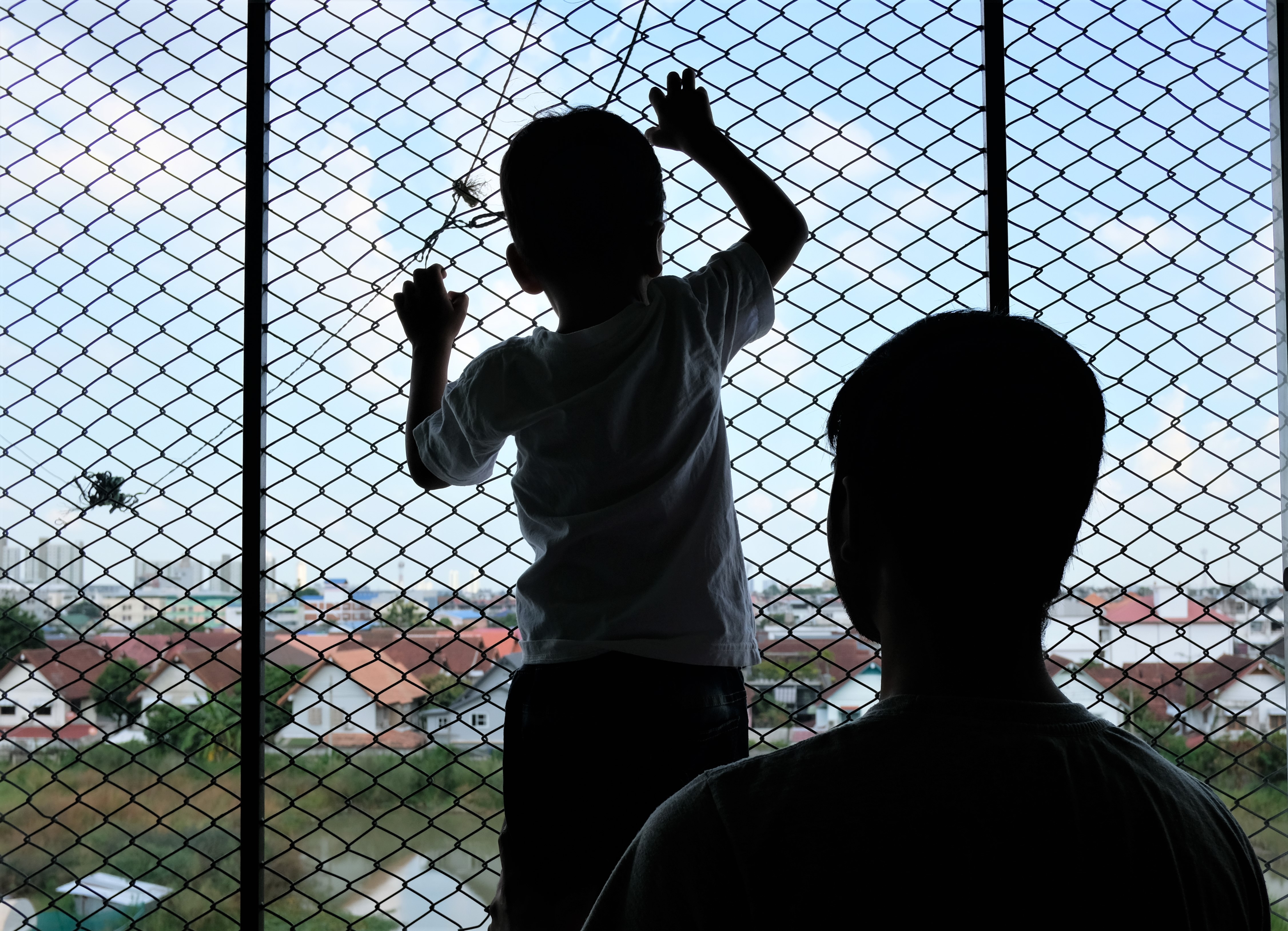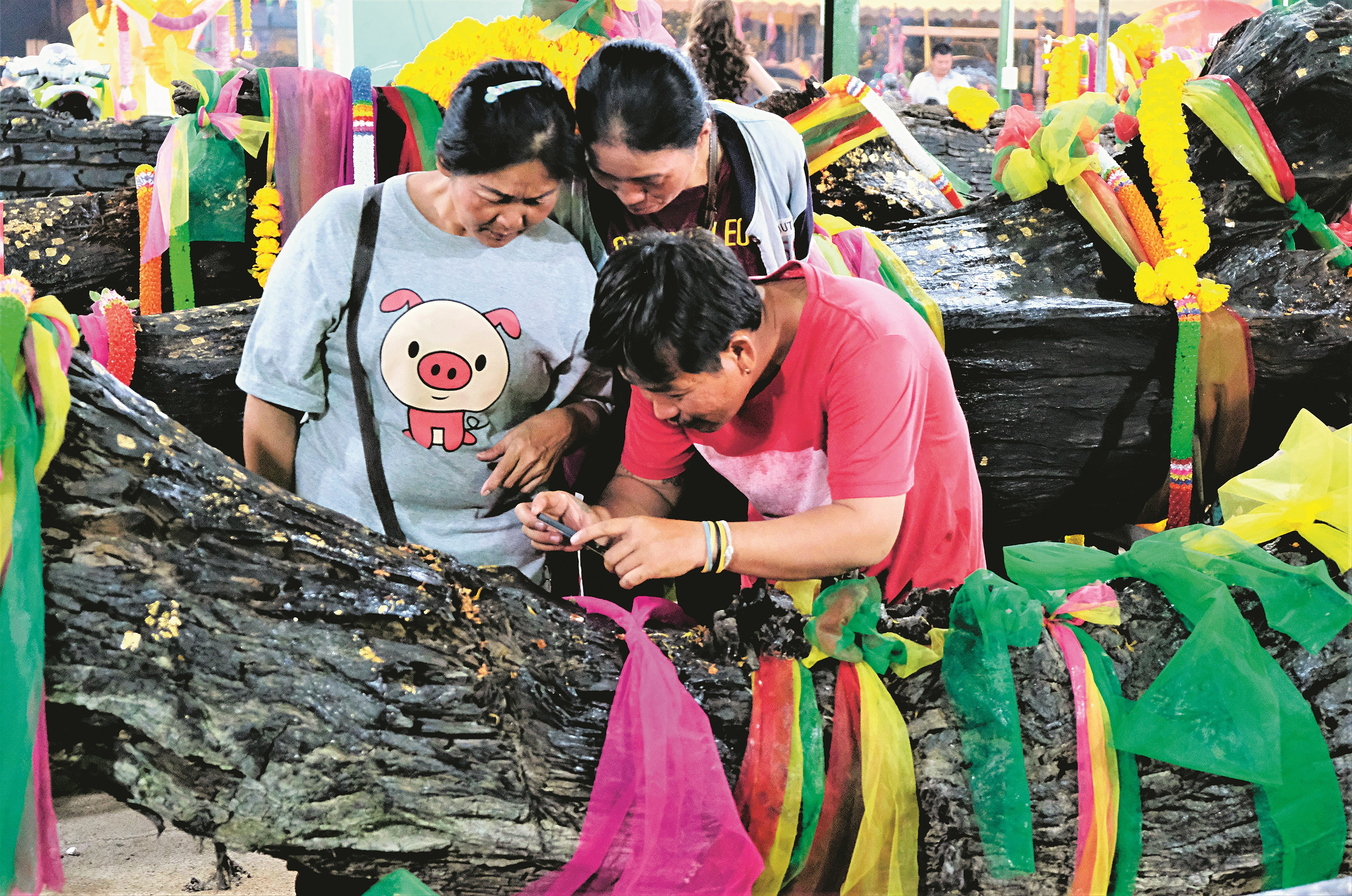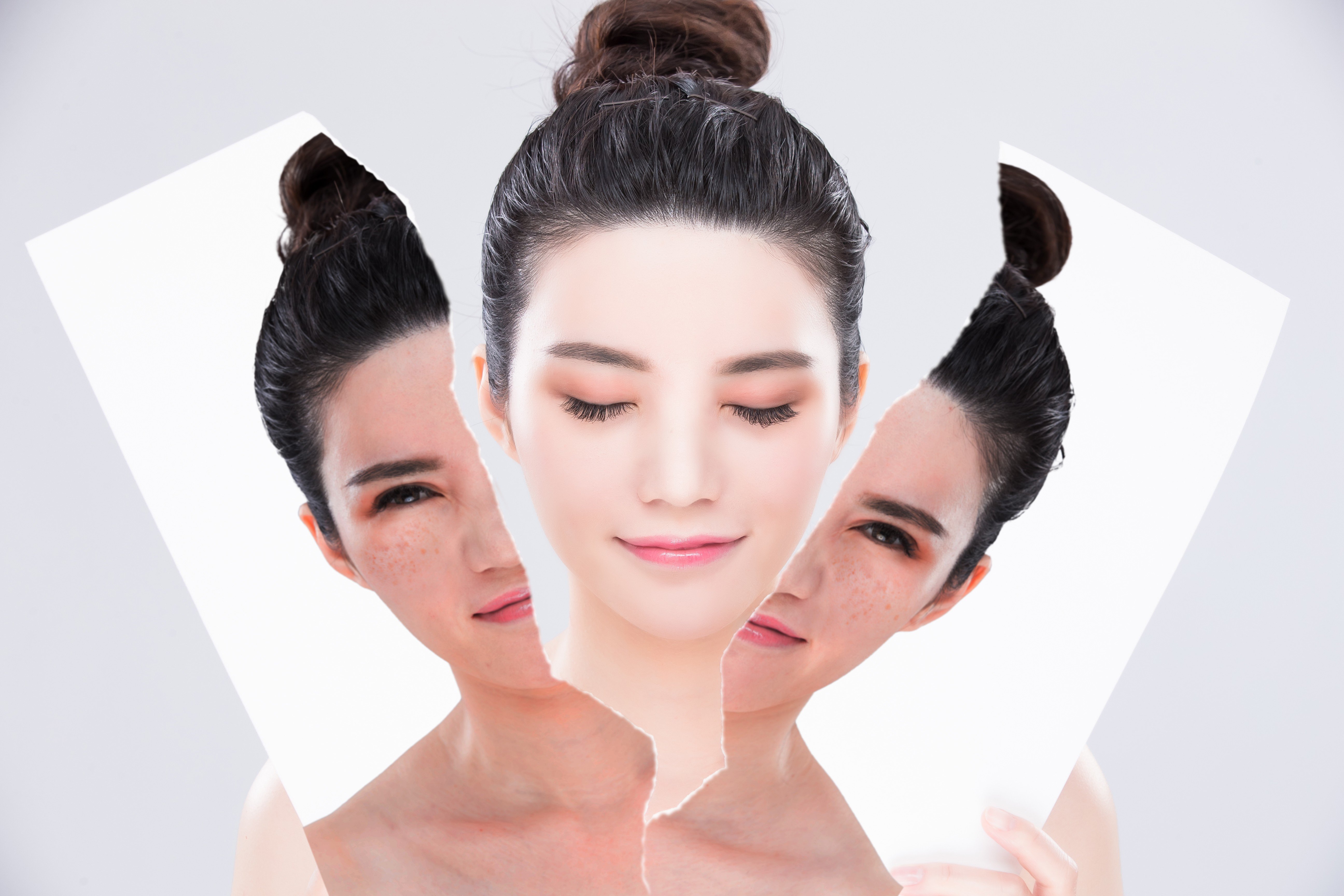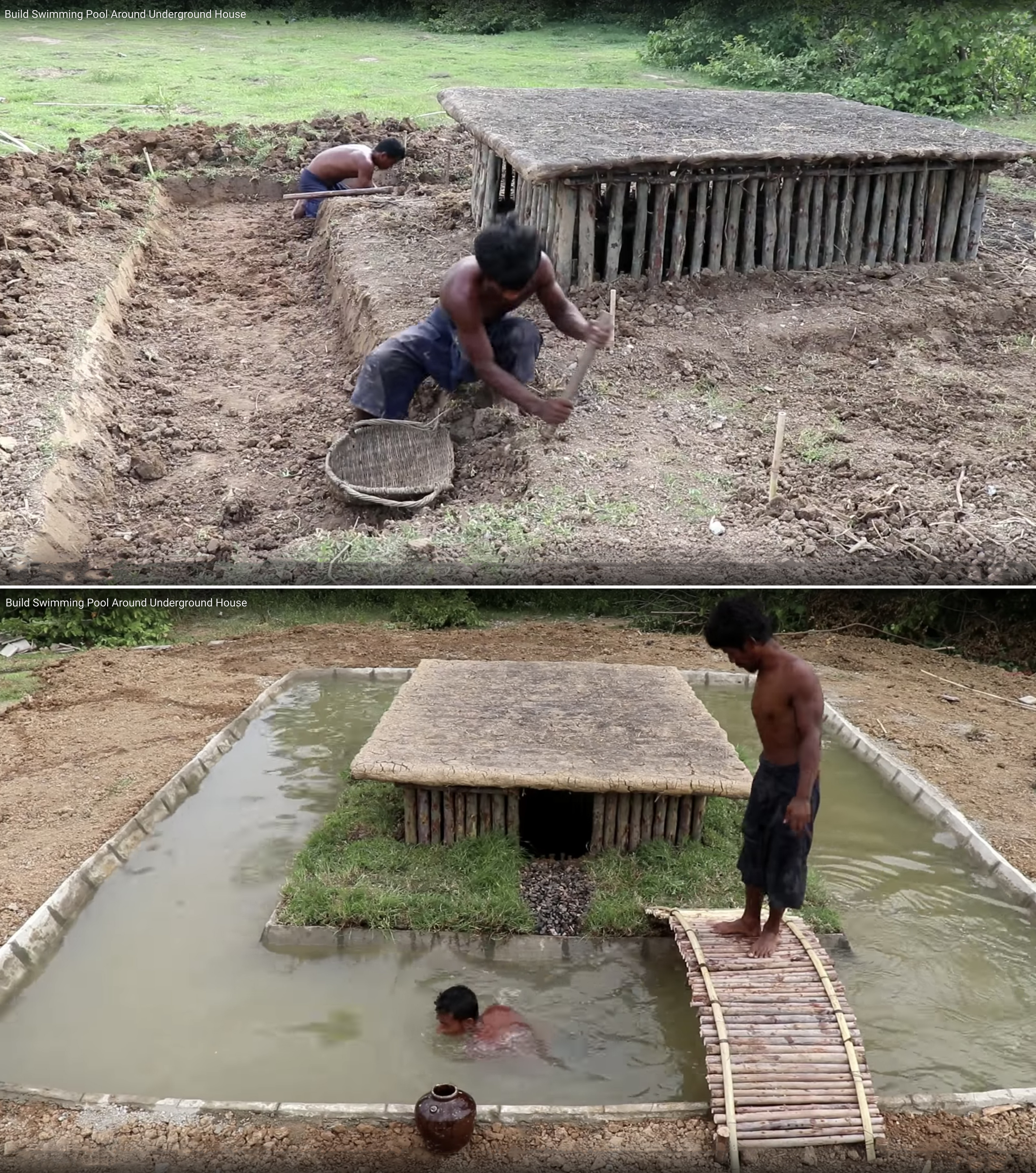
Bangkok is a haven for expat crime writers, who find inspiration in the city’s exotic and sordid side when writing their colourful novels.
Expats who arrived in Bangkok in the 1960s and ’70s remember a much smaller city – one of rice paddies, wooden huts and Old Asia charm – now long gone as the Thai capital increasingly apes Singapore’s high-rises and high prices.
From Chinese and Buddhist mythical scenes to images of Doraemon and superheroes, privately owned tour buses in Thailand are decorated to stand out from the crowd.
A stone’s throw from a royal palace and a short walk from upscale Siam Square, Baan Khrua in Bangkok is a maze of shacks and decrepit houses. Once a centre of the silk industry, it is plagued by poverty and drug abuse.
Philip Huang is a fashion label born of chance. An Asian-American model and his London-raised Thai lawyer wife came upon rural Thai weavers making indigo cloth the traditional way, and saw a new market for it.
Thai monk Phra Maha Paiwan Warawanno has become a social media hit for speaking out against the commercialisation of Buddhism and the rise of questionable religious practices that claim to bring people wealth and success.
Muay Thai enthusiast Nopparit Yoohanngoh’s 16 children all learned the martial art at his outdoor gym – including his daughters, who face an uphill fight in a sport rooted in tradition.
The planned demolition of an exquisite old sea goddess temple in Bangkok by landowner Chulalongkorn University has outraged the local Chinese-Thai community, who have vowed to protect the structure.
Many women have experienced sexual harassment in Thailand, where rape is also common. This has driven women to take self-defence classes to protect themselves against unwanted advances from men.
At a shooting range near Bangkok, two young Thai men, their camouflage uniforms fake, their guns and bullets real, pretend they’re storming a terrorist stronghold.
Volunteer mortuary cosmetologist Pattipan Boonyee provides free cosmetic treatment services to poor bereaved families in Thailand and has an army of fans on social media thanks to his skill in making the dead look as lifelike as possible.
The Hokkien-style house in the historic district of Talat Noi in Bangkok has been in the hands of the same Sino-Thai family since it was built in the early 19th century. Despite being offered US$64 million for it, they’d rather keep on living there.
British photographer Ben Davies has lived in the Thai capital for three decades. His new photobook, Vanishing Bangkok, pays homage to some of his adopted city’s little-known and fast-disappearing neighbourhoods.
Hundreds of children run away from home every year, fleeing abuse, violence or neglect. Some end up using and selling drugs or in prostitution. A non-profit in Bangkok works to safeguard them and find their families.
By turning plastic trash into garments imbued with great spiritual value, monks at a temple in Thailand hope to spread the virtues of recycling and reuse. Donors give the temple used bottles to earn karmic credit for the next life.
Felix Wong’s young aunt was among 223 people who died in Thailand’s worst air disaster. The 25-year-old travelled 12,000km to the jungle where the flight from Hong Kong crashed, looking for clues to her final minutes.
One house, on the outskirts of Bangkok, is thought to be home to child spirits or a female demon and has even affected nearby rental prices. Such buildings routinely stoke up fear in Thailand, where a dread of malevolent spirits runs deep.
An army of Bangkok housewives embroider the elaborate animal designs that adorn most of the items in Santichai Srisongkram’s Seasongcalm clothing line; Santichai believes his clothes have a shamanistic power to transform their wearers.
Thai student gangs fight with handguns, machetes, knives and even home-made grenades, often in broad daylight. Degrading and sometimes violent hazing is another widespread problem in Thai schools.
Many of the hill tribes in northern Thailand that used to cultivate opium now grow coffee beans as demand for the drink soars in the country, with once poor villages being transformed as the crops bring relative prosperity.
Chinese migrant labourer Si Quey was executed in 1959 in Thailand for killing and eating children. He has been a bogeyman for Thai children for decades, but renewed interest in his case has cast some doubt on his guilt.
US$1.25 billion worth of Buddhist charms are sold every year in Thailand – not surprising when seven in 10 Thais wear the amulets. Some have thousands. Like great art, their price depends on who created them and their rarity.
Thais exhume the bones of the nameless dead, who have no one else to care for them, at a graveyard in the beach town of Pattaya. They perform a ceremony on the remains to aid the deceased in their spiritual rebirths.
Tourists like taking selfies eating scorpions at street food stalls in Bangkok, but they’re nowhere near as brave as the northern Thai hunters and breeders who harvest the large, black venomous arachnids.
Firefighter Pinyo Pukpinyo is called out as many as 10 times a day to deal with snakes that have slithered into homes in the Thai capital. Today he is joined by a snake enthusiast shooting an episode for his popular YouTube channel.
Four-year-old Shazee was born in Bangkok to parents who fled persecution in Pakistan for singing Christmas songs. They live in one room padlocked from the outside, in constant fear of detention. So do thousands of others.
Thais believe a benevolent spirit lives in every tree, and make offerings in the hope the shapes of winning lottery numbers will appear on sacred ta-khian tree boles; 20 million Thais regularly play the national lottery.
Critics say encouraging children to fight in the ring is a form of child abuse and that it can cause long-term brain damage, but thousands of young boxers in Thailand get into the sport to win prize money for their poor families.
Lured by the promise of pearl-white complexions in ads on social media, young women in Thailand fall for cheap creams said to have herbal ingredients but full of toxic mercury, which cause acne, blotches and spidery red veins.
Whether it’s teaching about catching a fish, building a house out of mud or hunting and eating exotic wildlife, primitive living videos are attracting millions of hits on YouTube.

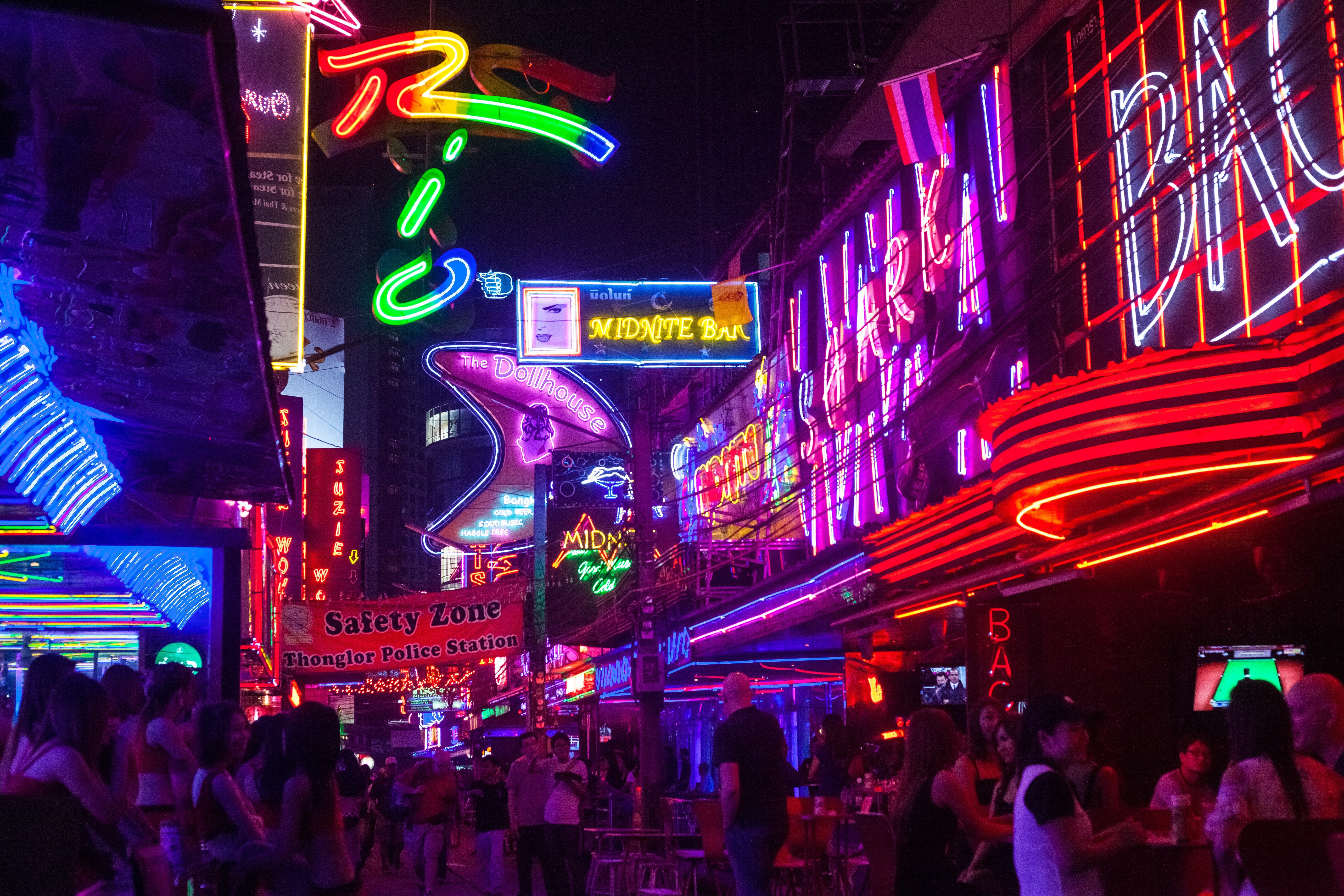
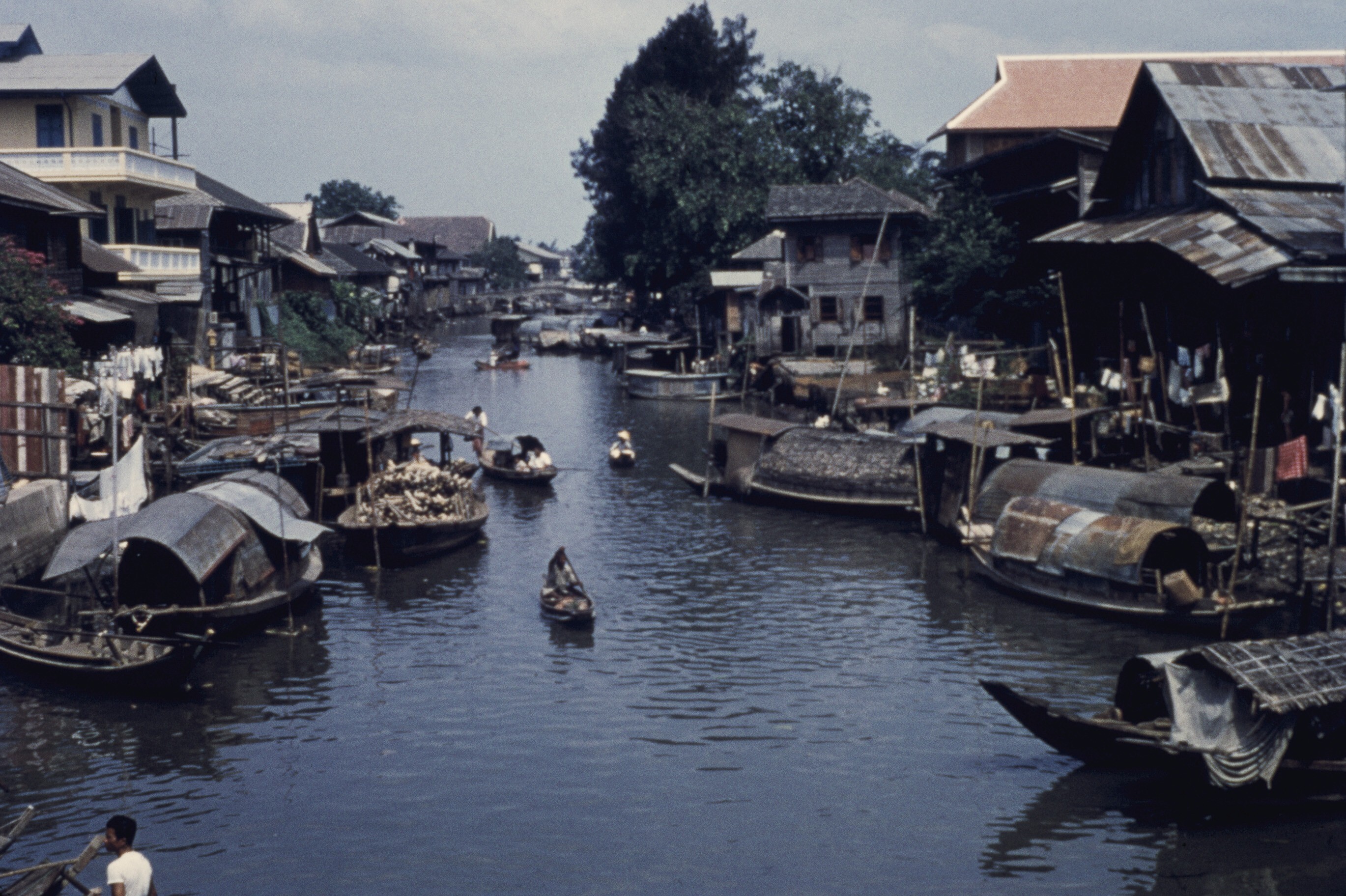
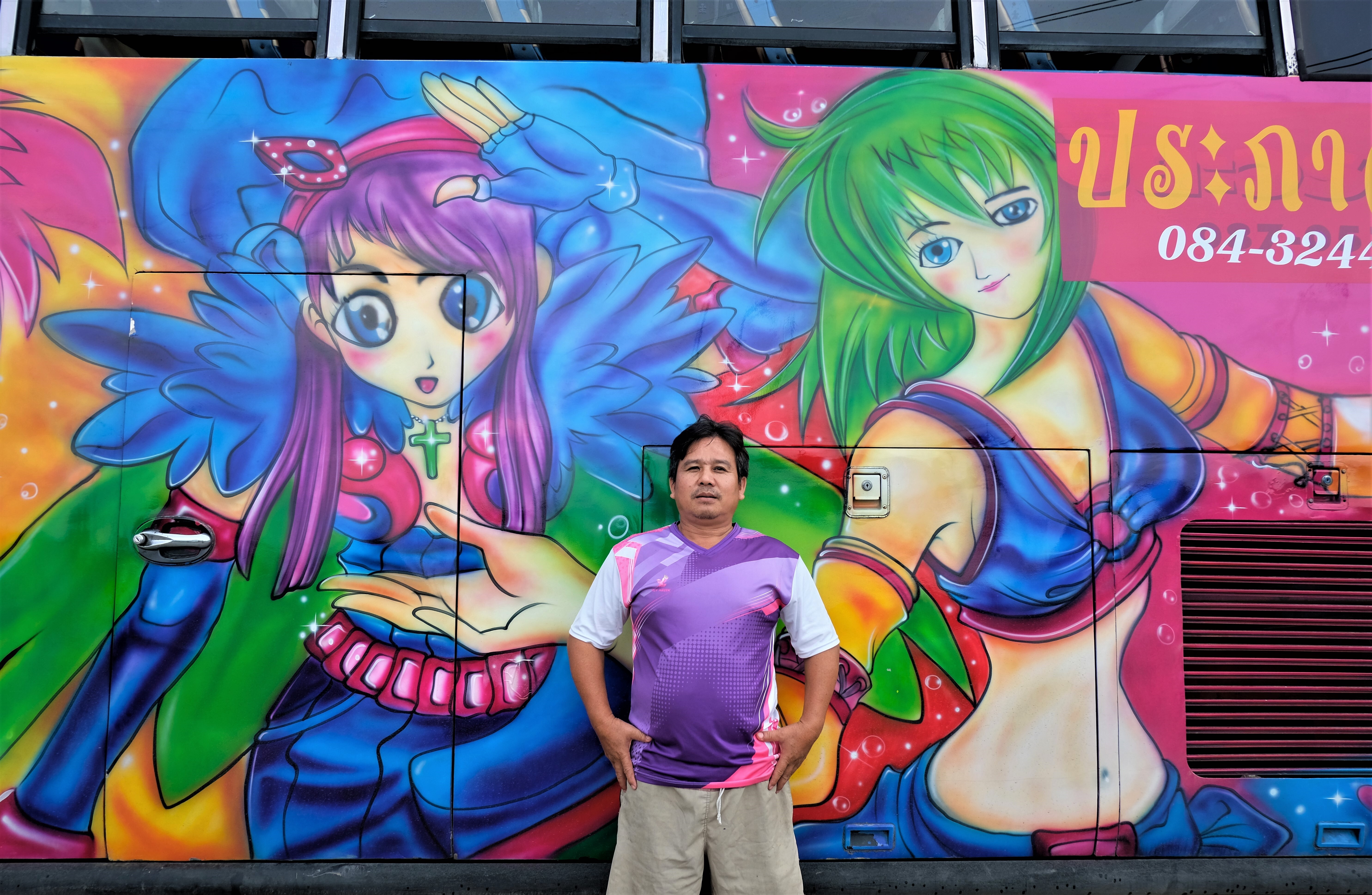
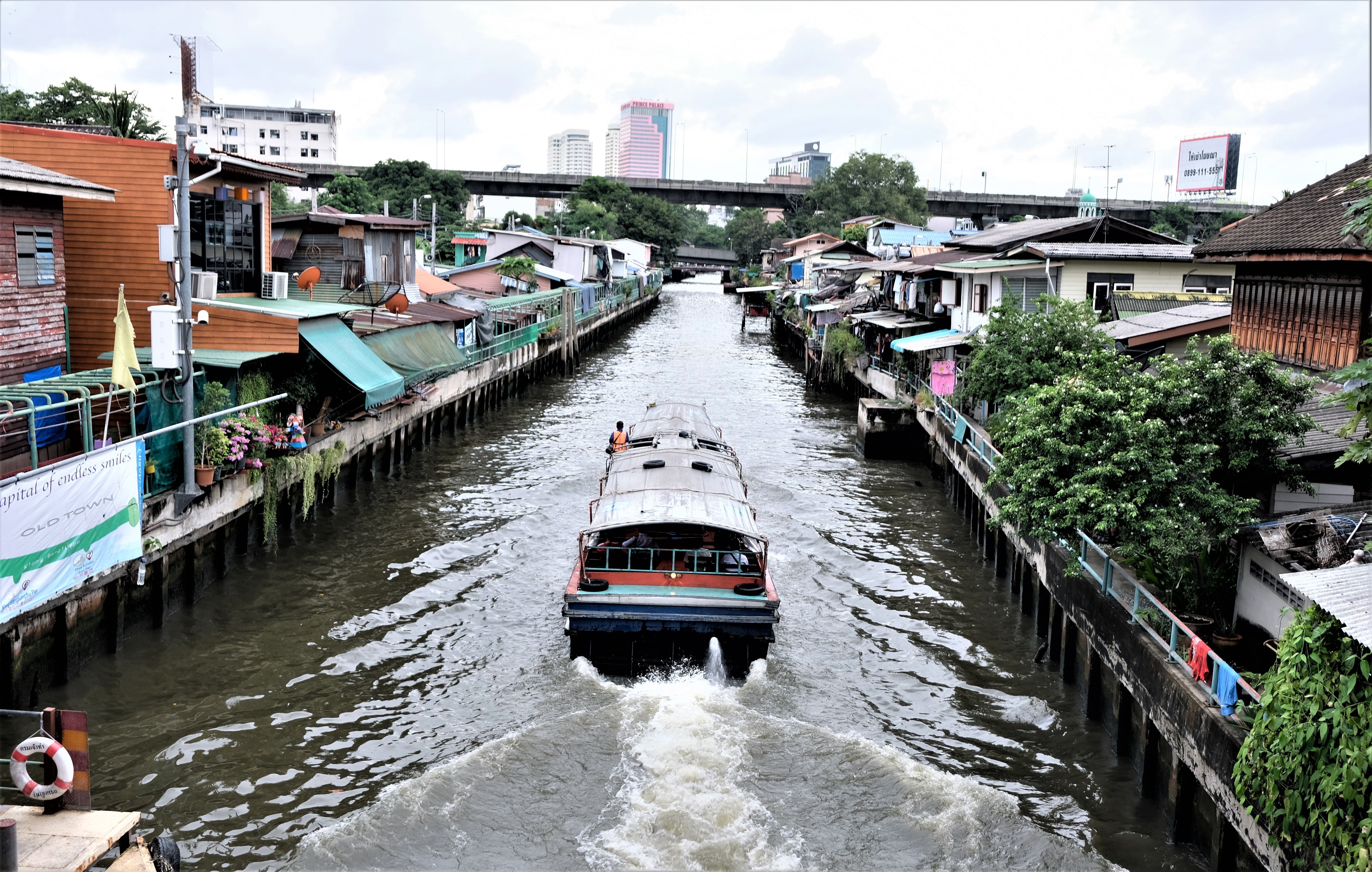
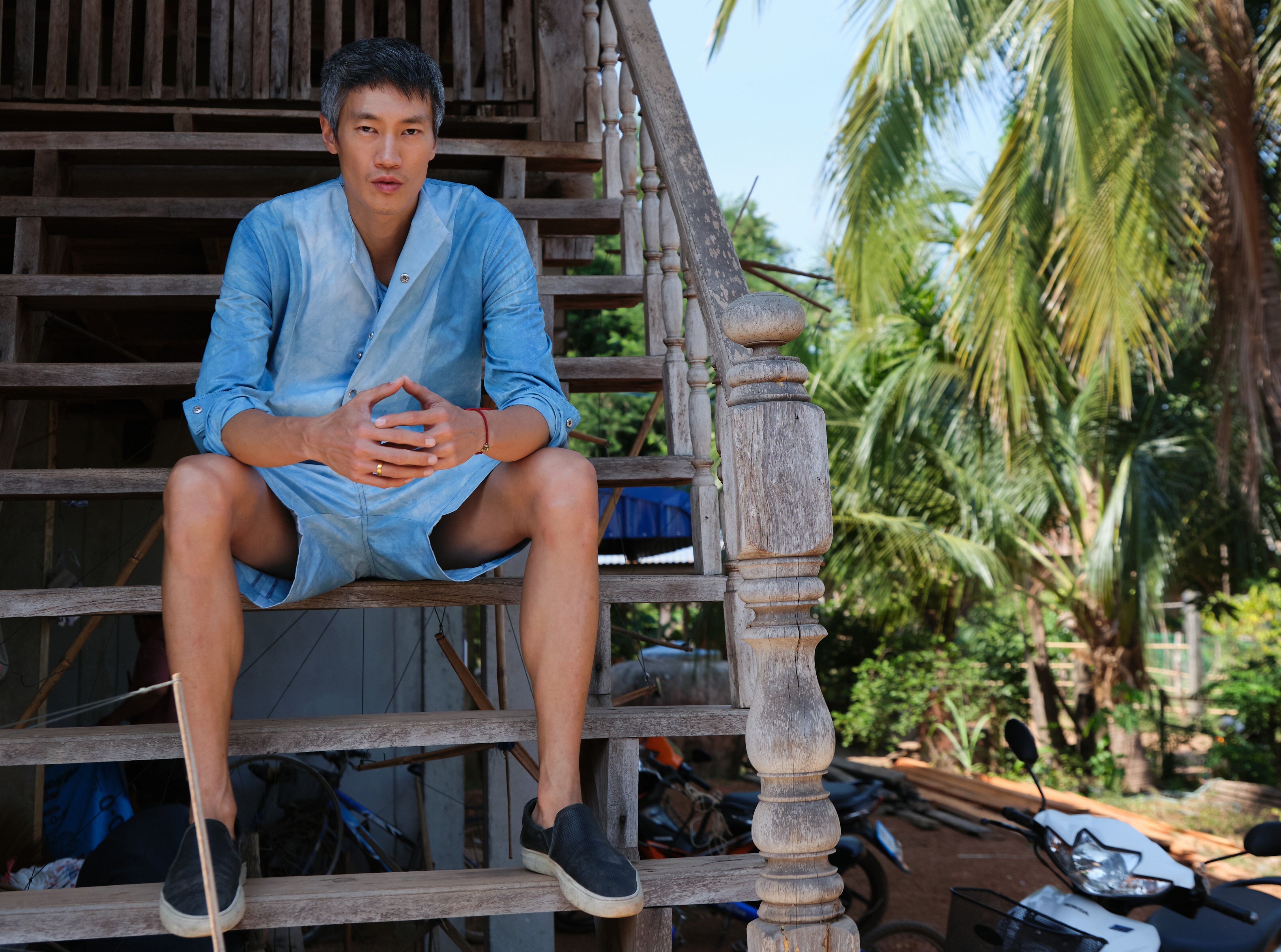
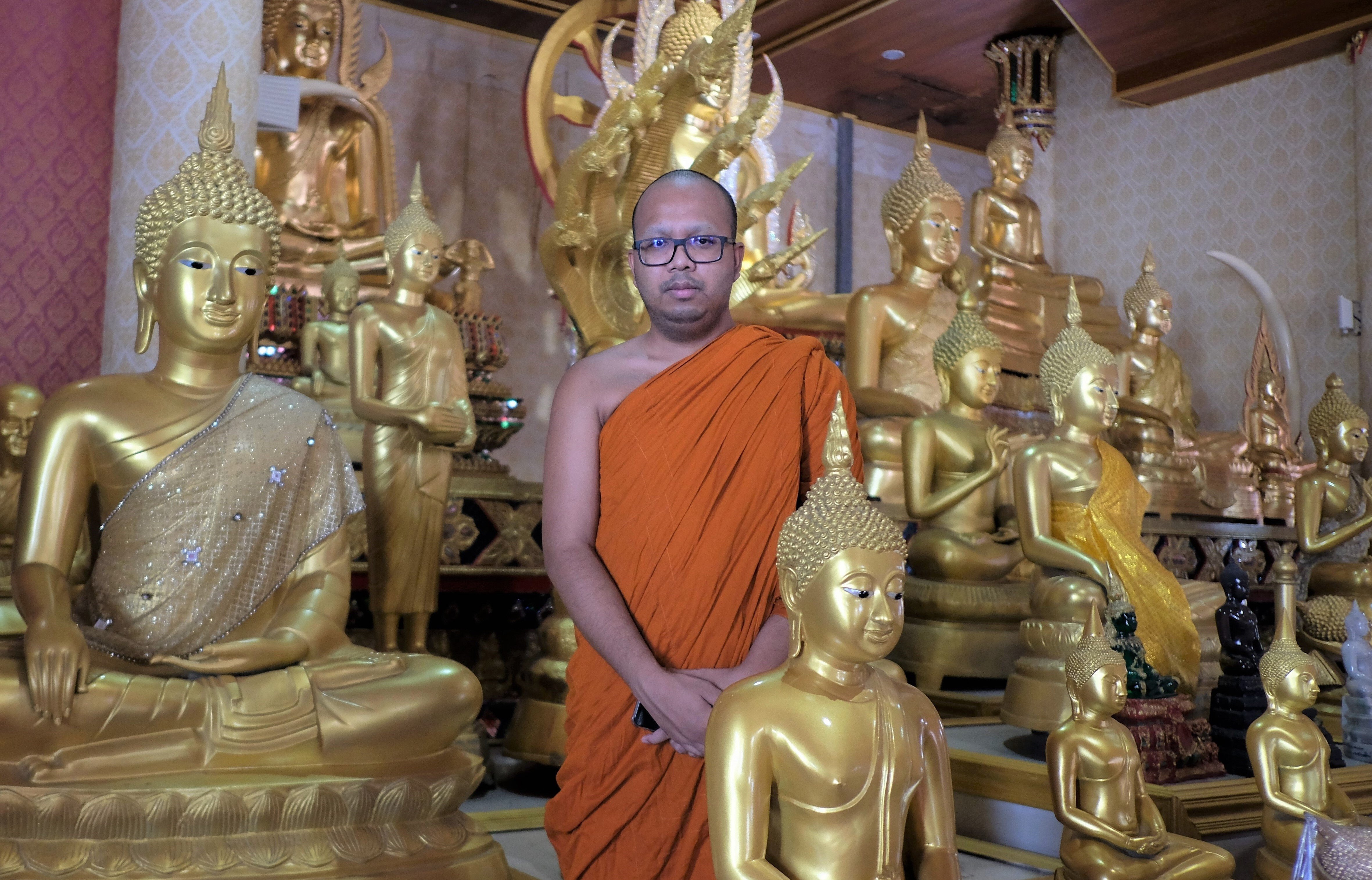
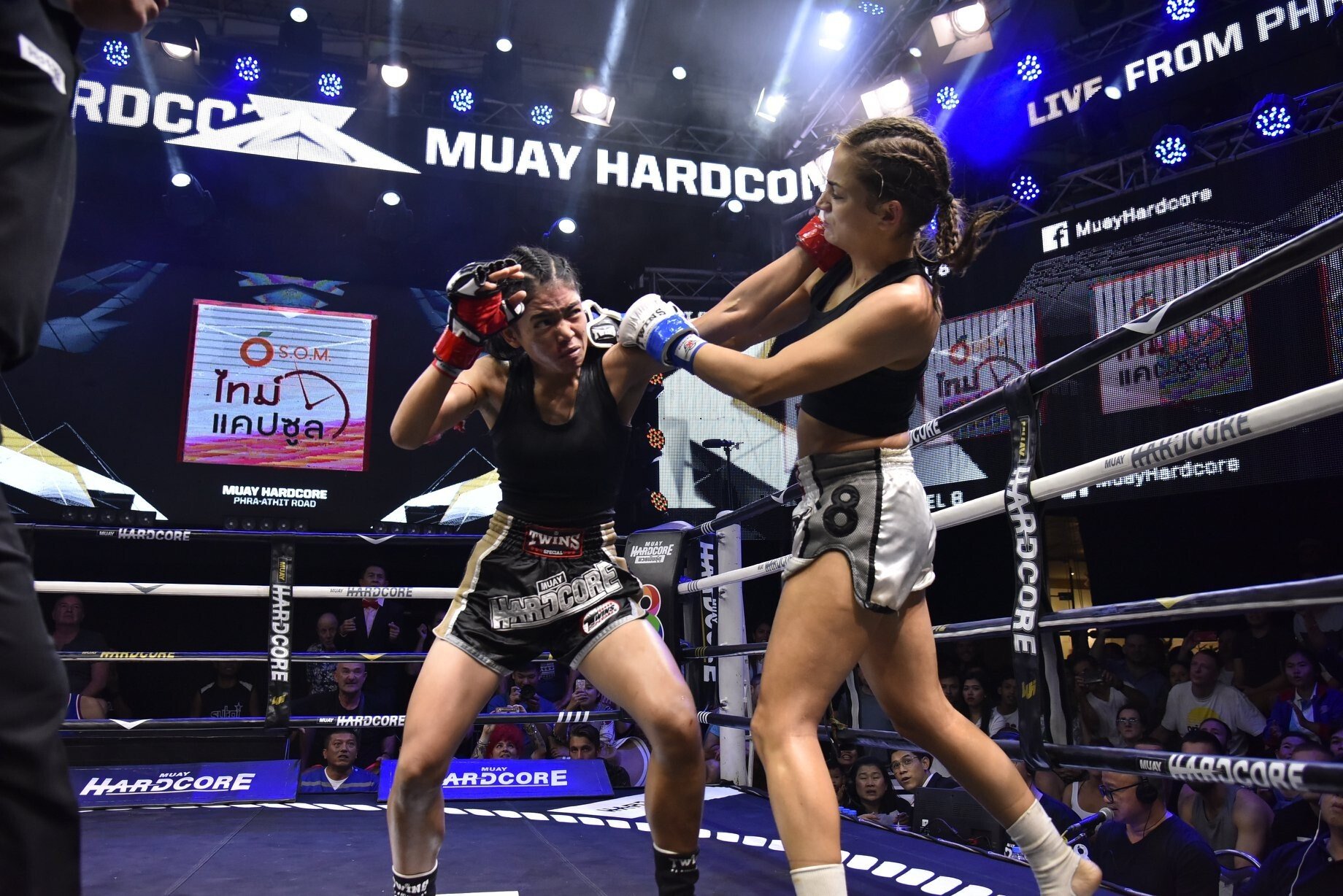
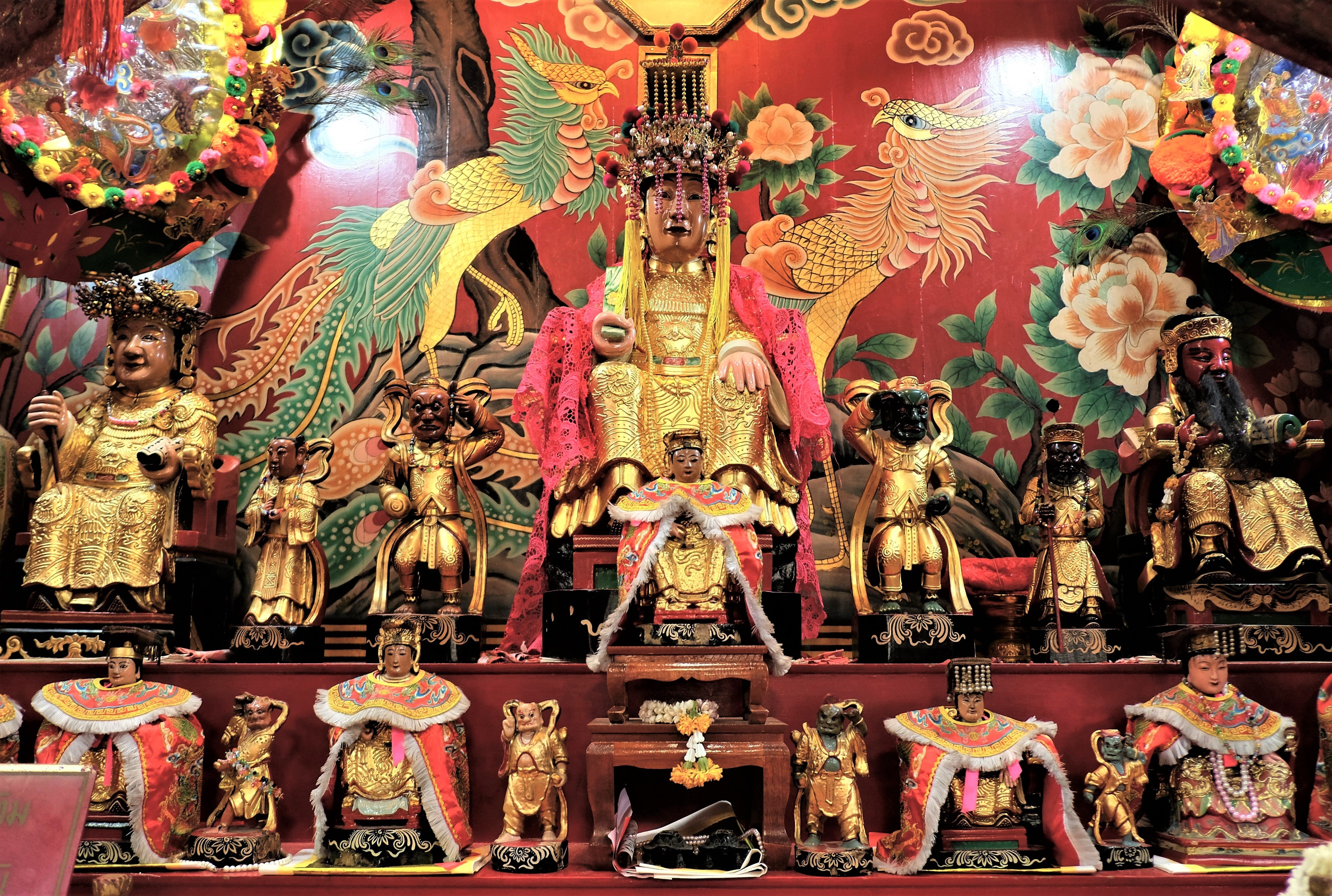
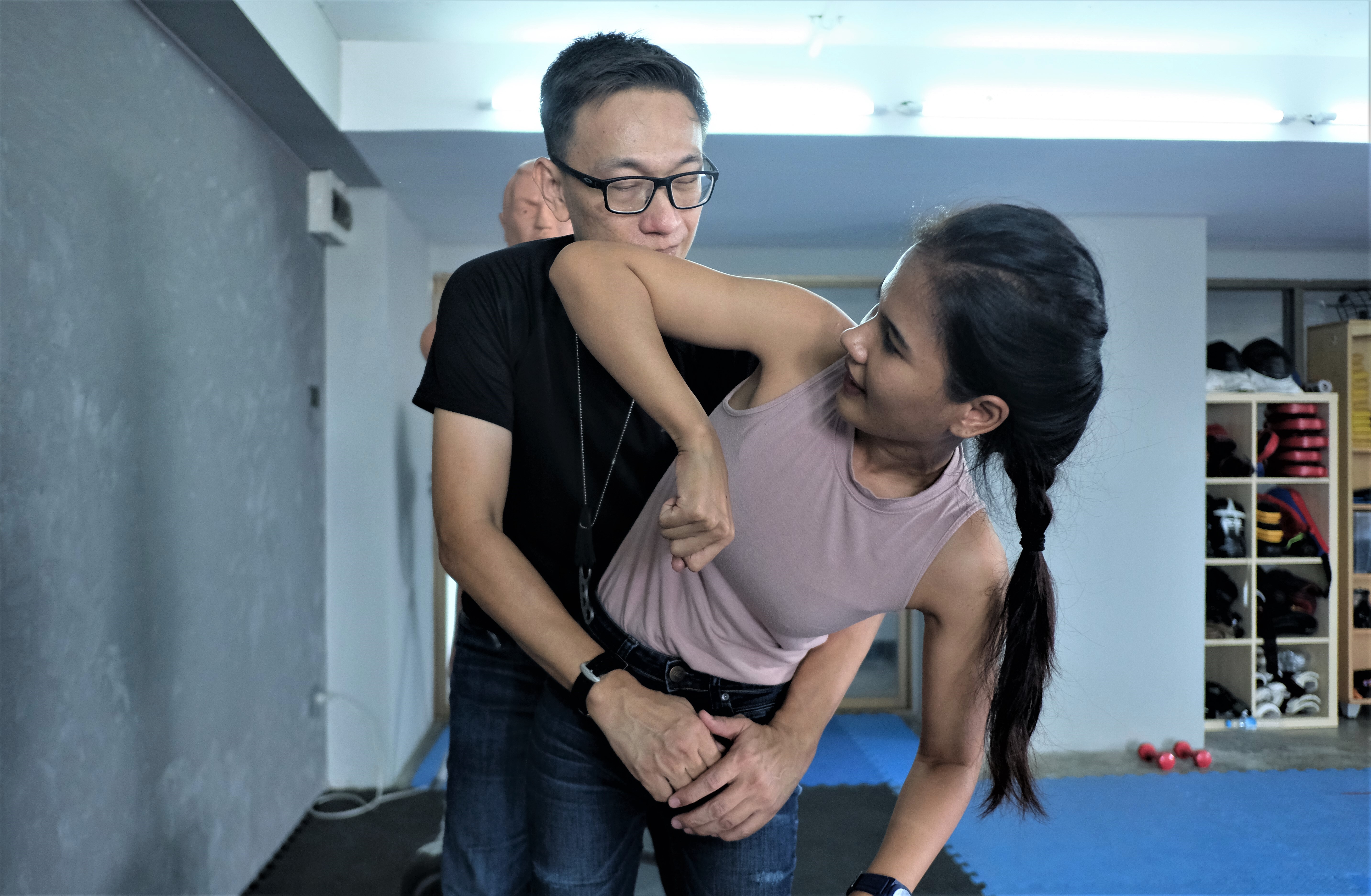
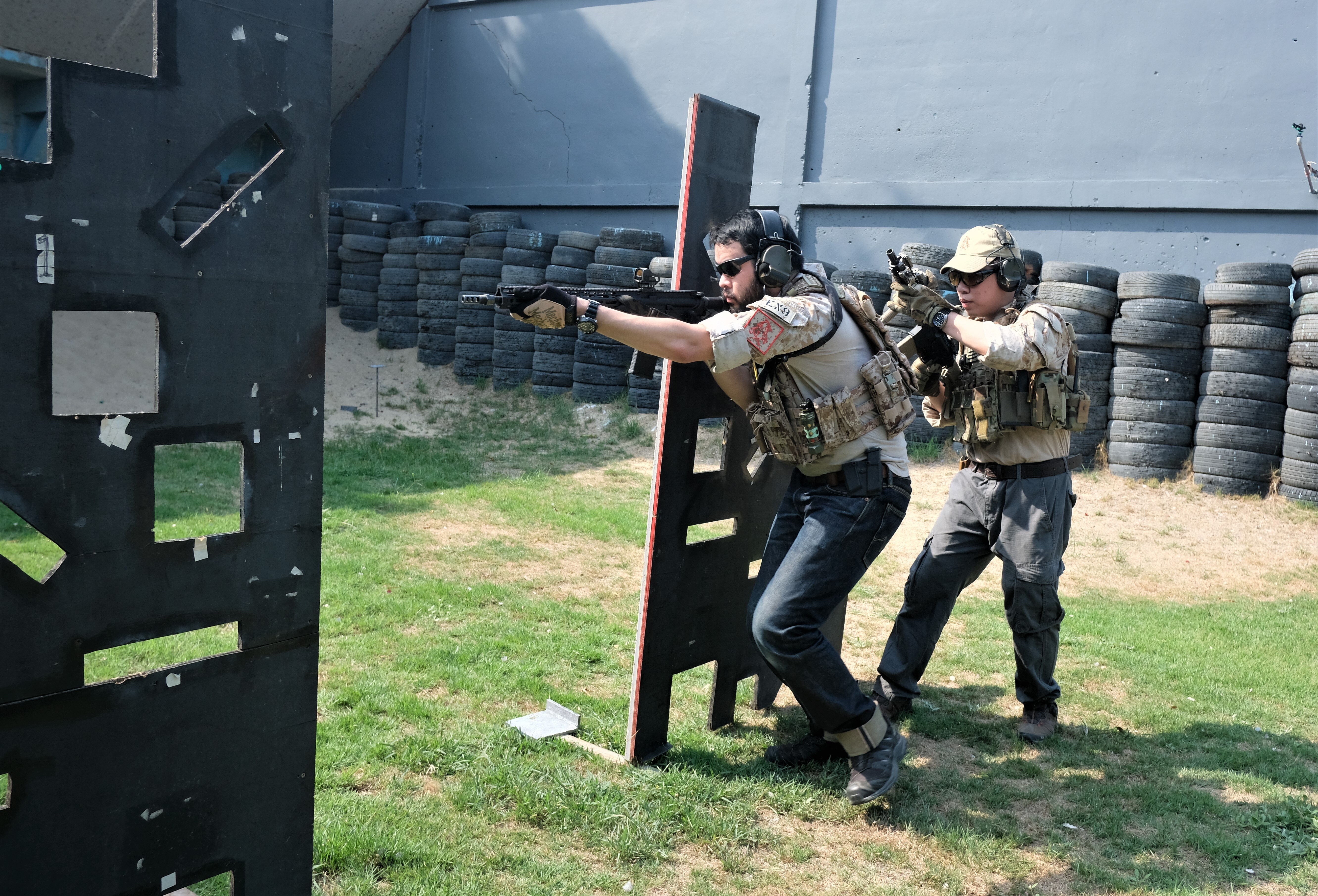
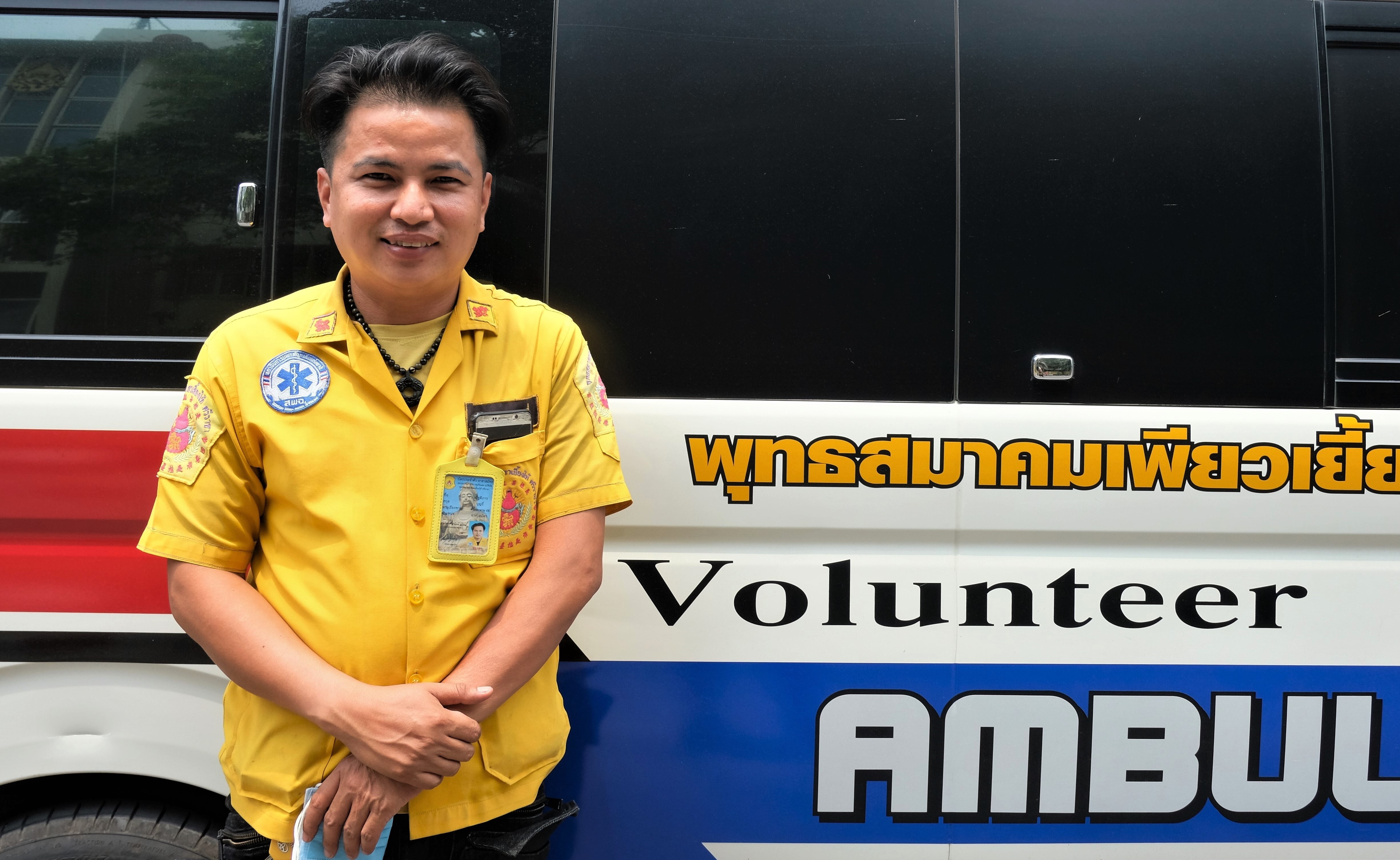
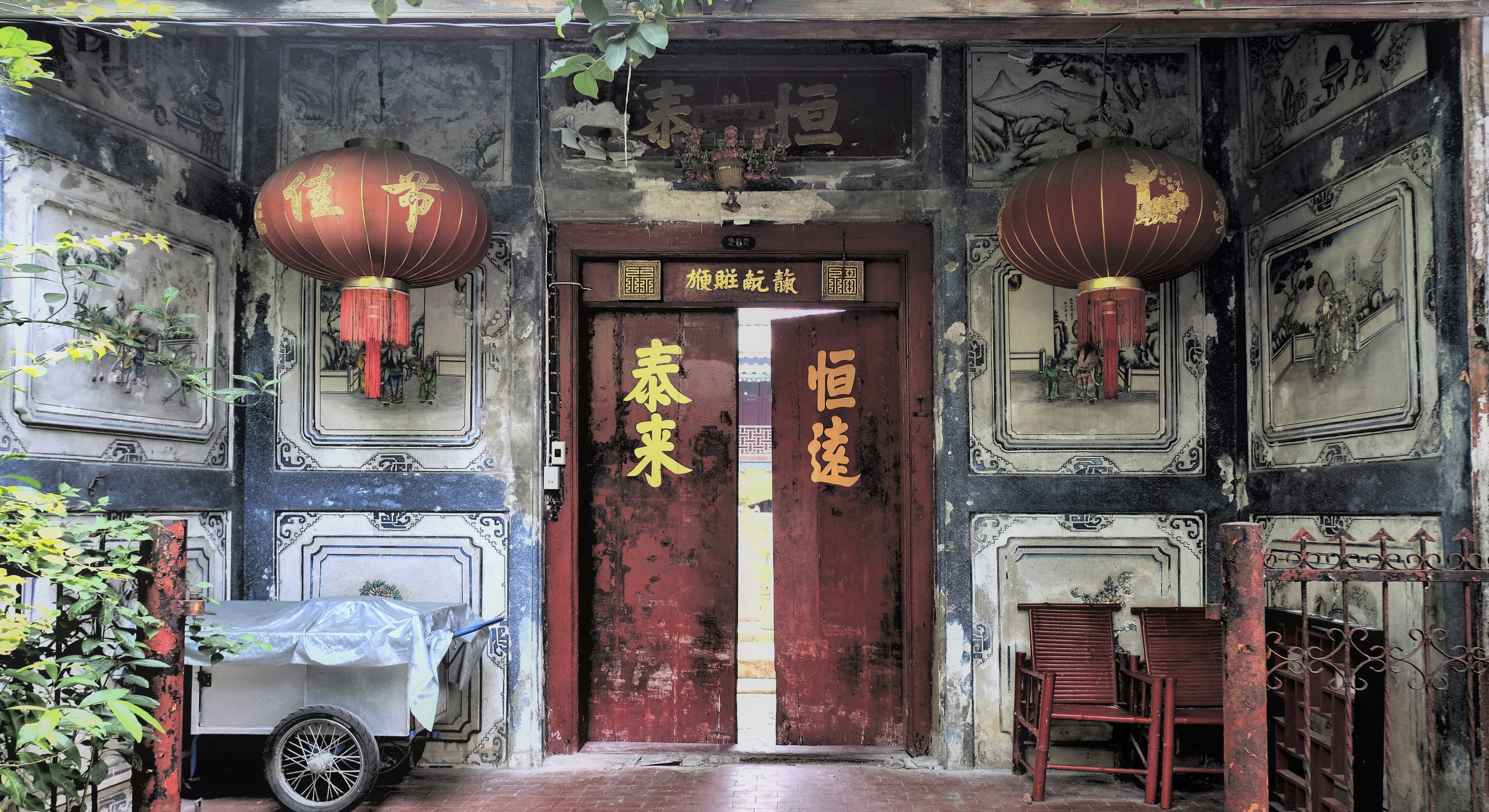
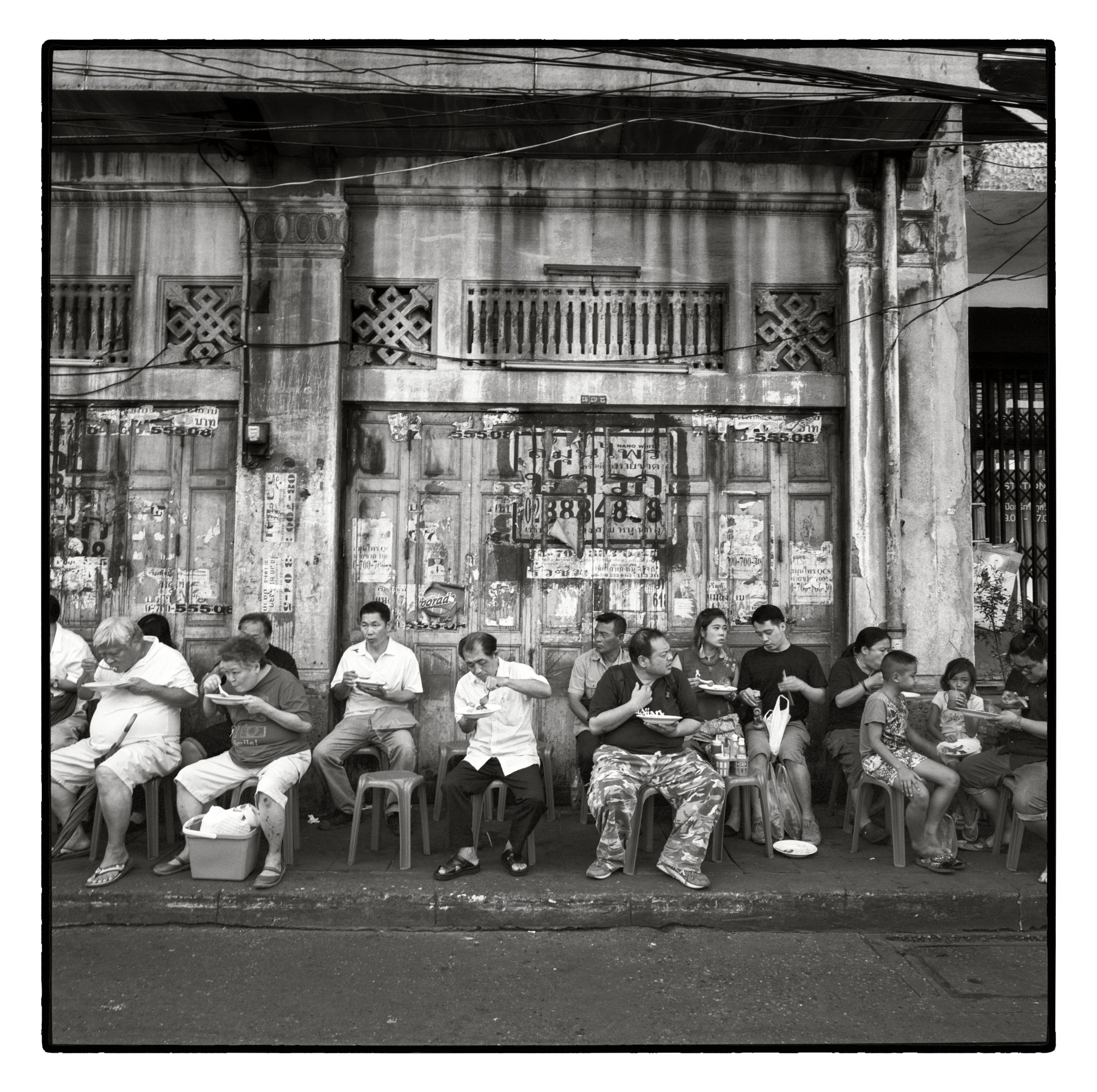
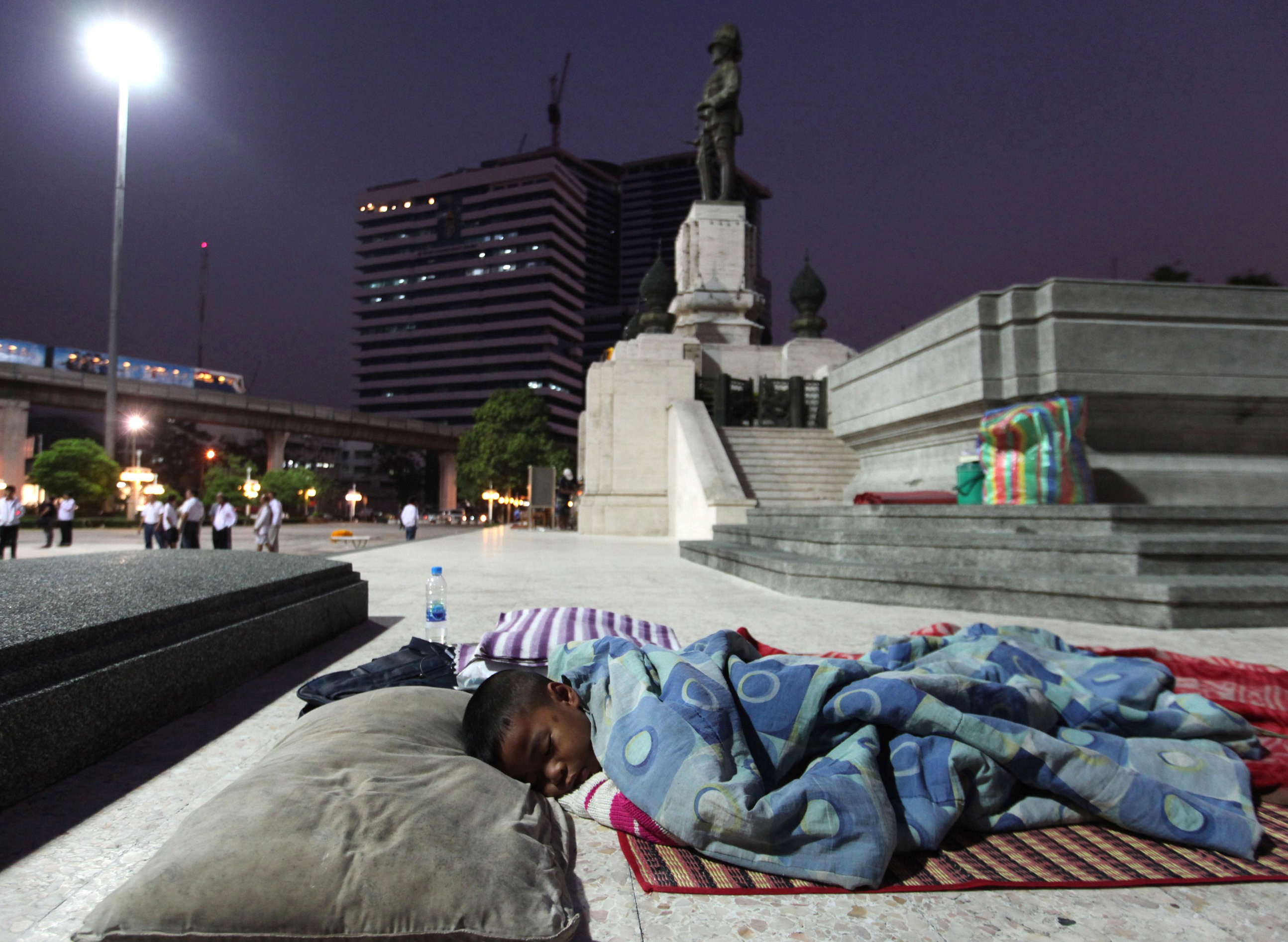
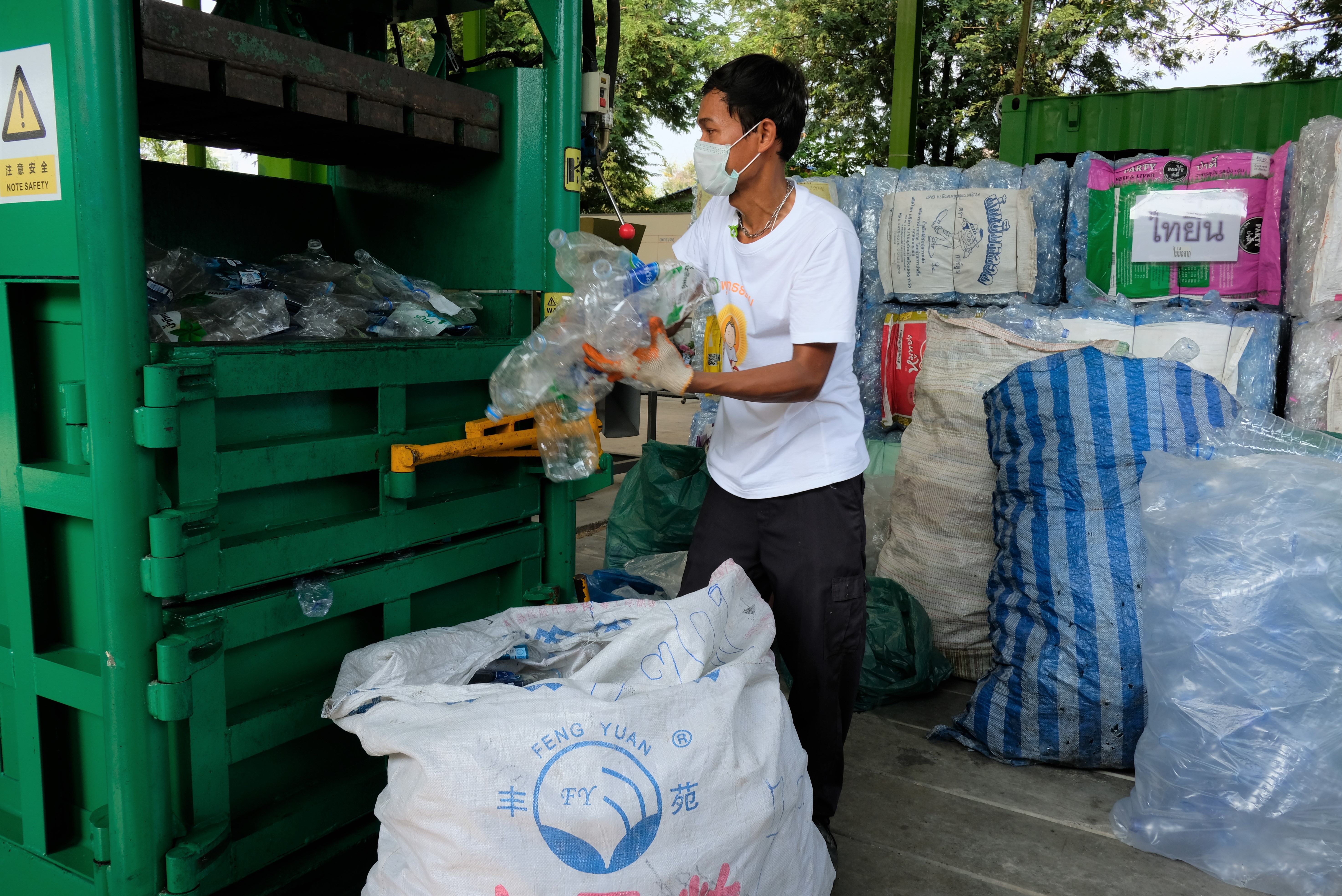
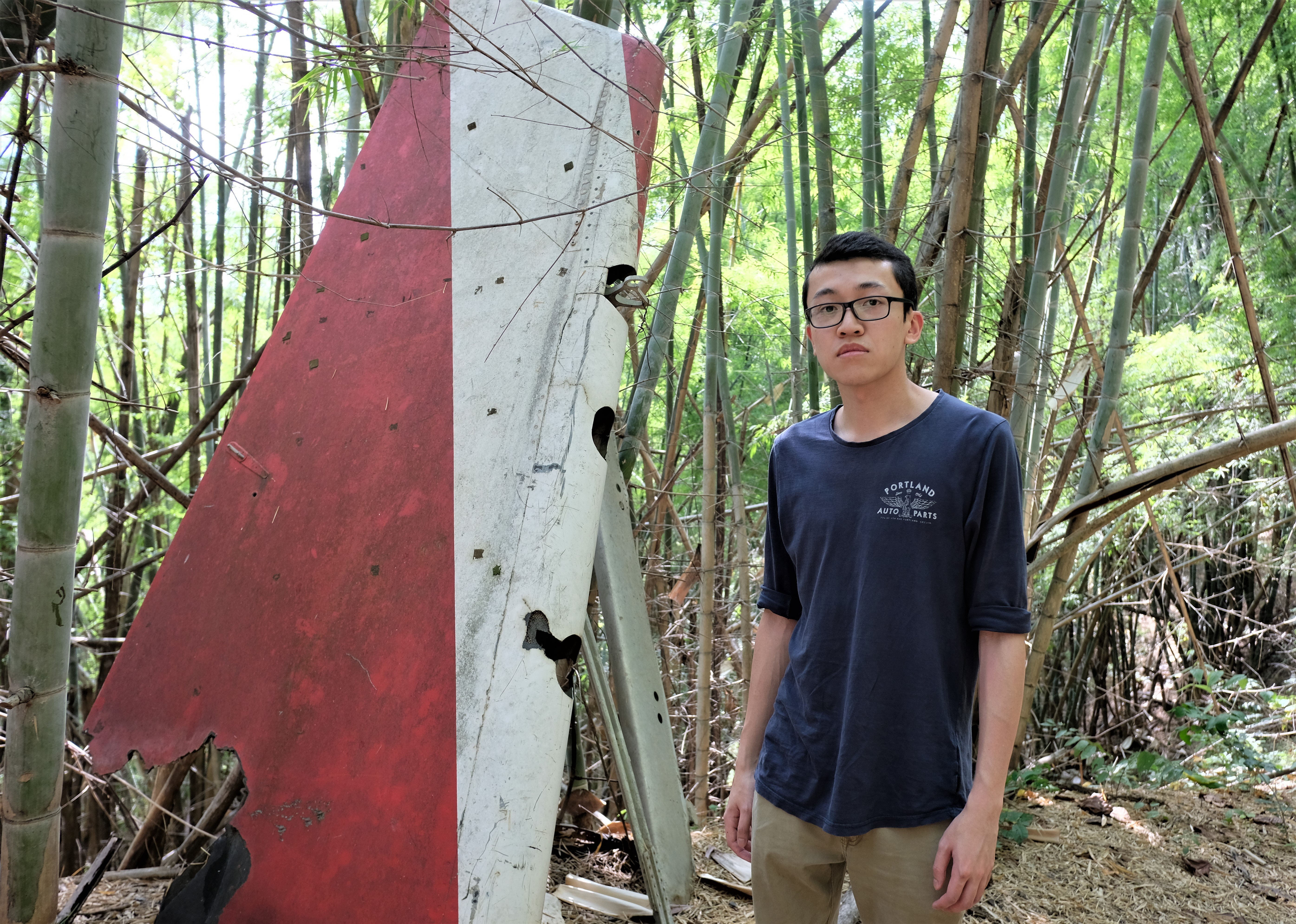
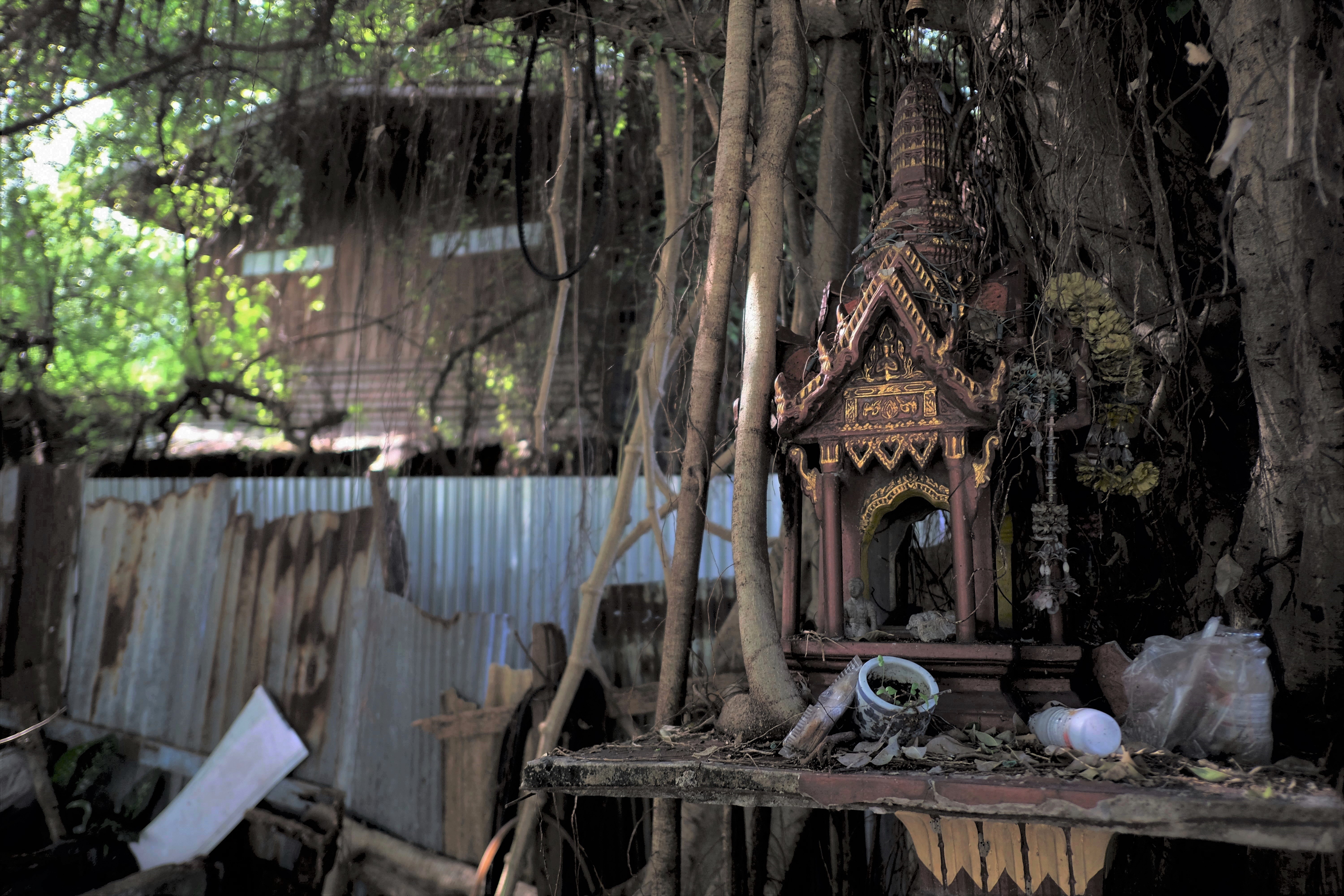
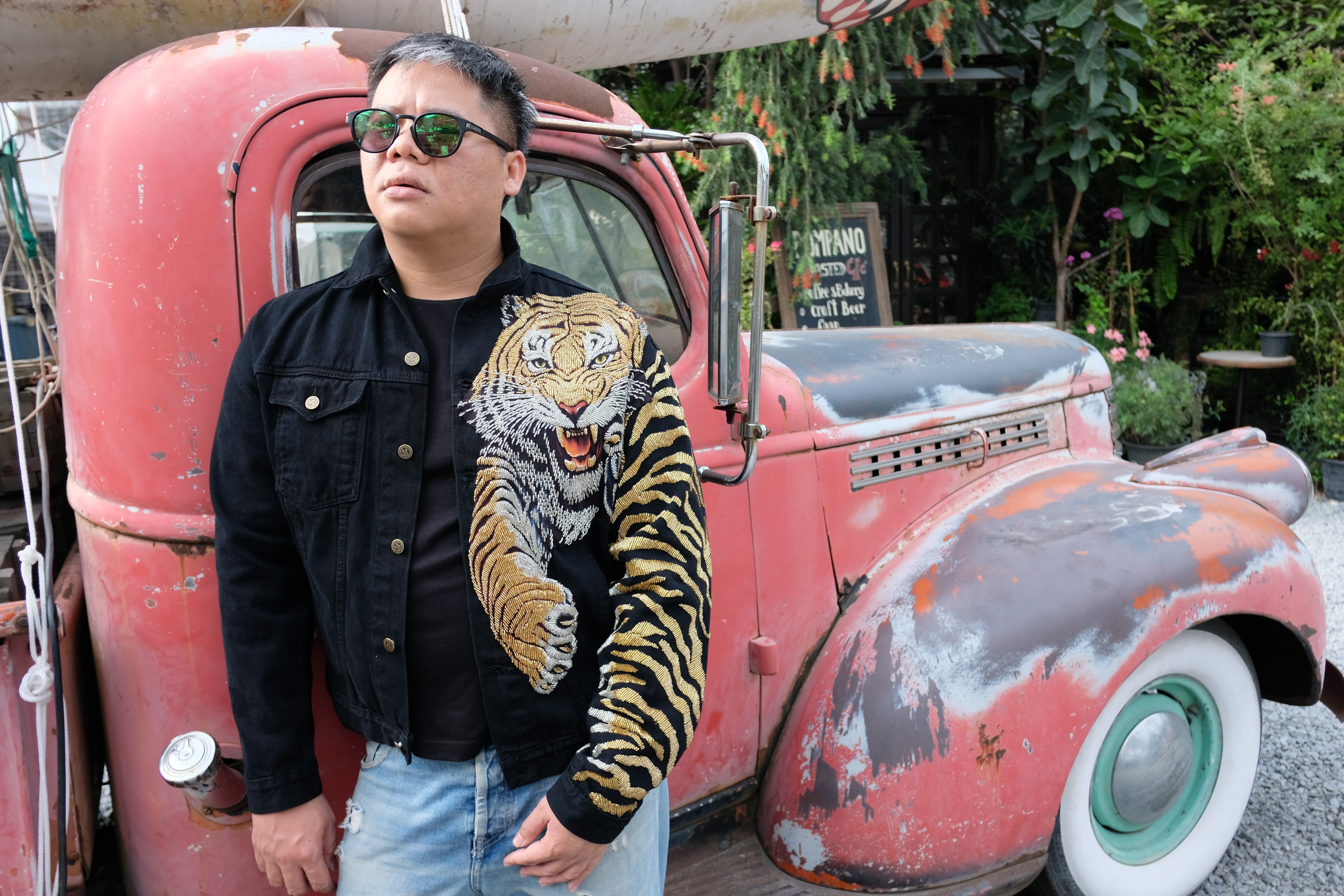
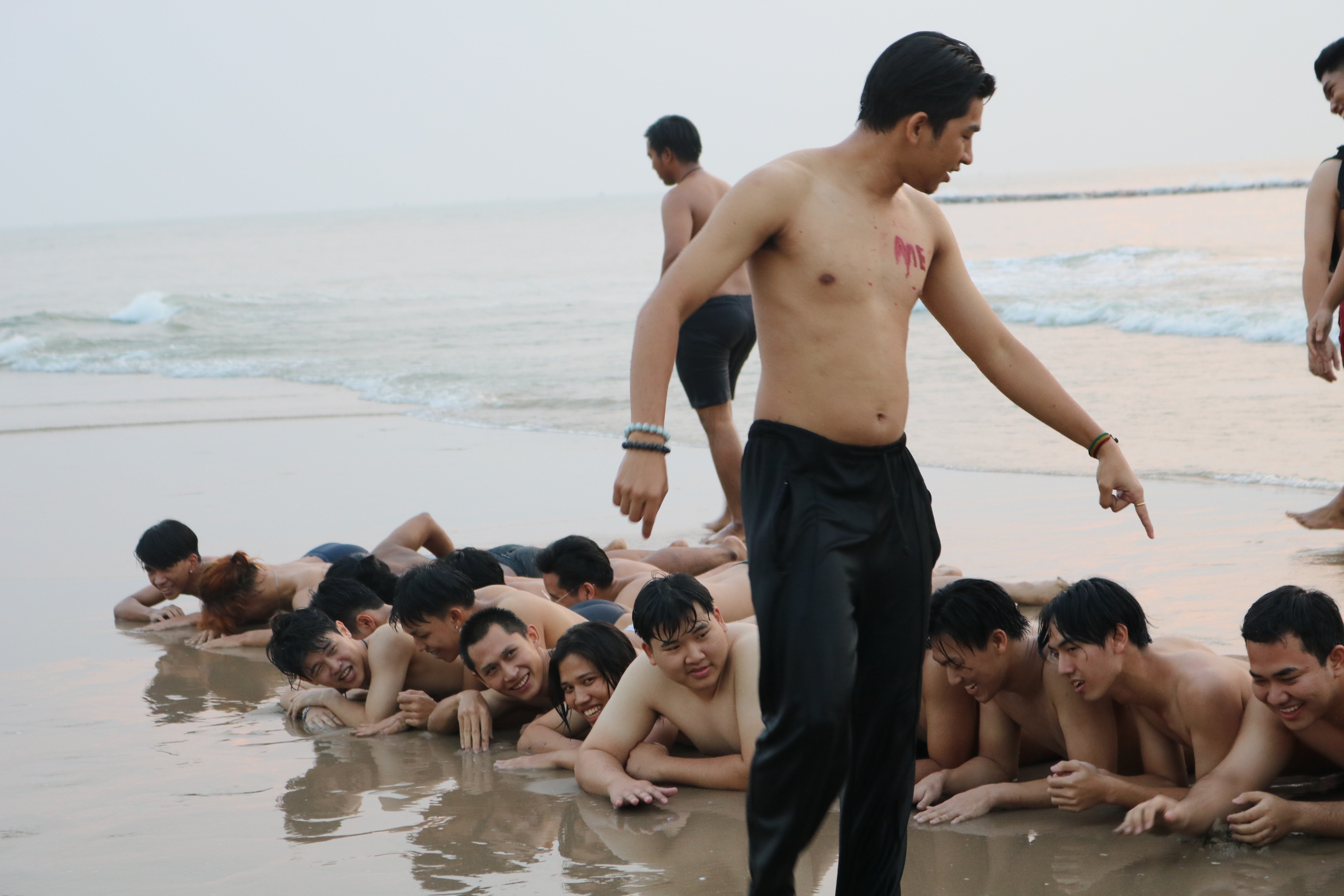
![Tua and Mhee Jangaroon, an ethnic Hmong couple who live in a hilltribe village in Thailand's hilly north, grow and process their own brand of coffee Photo: Tibor Krausz [FEATUES 2019]](https://cdn.i-scmp.com/sites/default/files/d8/images/methode/2019/08/08/dc6893e4-b73b-11e9-ae68-64d74e529207_image_hires_182724.JPG)
